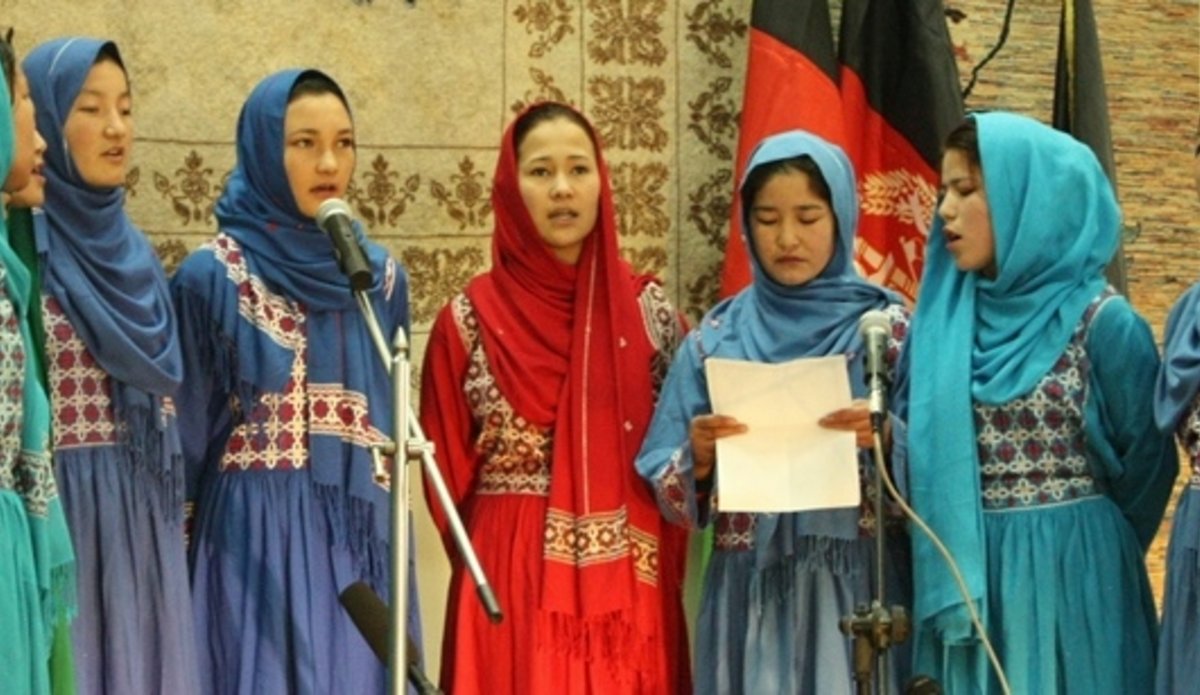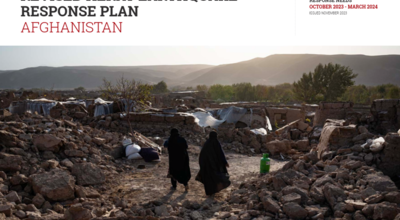Bamyan residents celebrate international ‘creative city’ recognition
BAMYAN - Hundreds of Bamyan residents in the central Afghan province gathered last week to celebrate being included among UNESCO’s global creative cities network.
The network, formed in 2004, now includes 116 cities worldwide. It was set up to foster international cooperation between those cities that are committed to investing in creativity as a driver for sustainable urban development, social inclusion and cultural vibrancy.
The creative city recognition follows Bamyan’s newly achieved status as the 2015 cultural capital of the South Asian Association for Regional Cooperation and UNESCO listing Bamyan’s cultural landscape and archaeological remains as a Word Heritage site.
“Bamyan has always brought pride for Afghanistan and its creative crafts and renowned folk music are now recognized globally,” said Tahir Zohair, the Governor of Bamyan province.
“The people of Bamyan have shown to the world that we embrace the culture of peace, respect for women and thirst for education,” he said. “We continue to share those high values with the rest of the world.”
Hundreds of people from local Bamyan communities celebrated the UNESCO creative city designation with handicraft exhibitions, musical shows, theater performances and sport competitions.
“The UNESCO creative cities network represents an immense potential to assert the role of culture as enabler of sustainable development,” said Irina Bokova, UNESCO Director-General, in a statement announcing Bamyan’s new designation.
UNESCO -- the United Nations Educational, Scientific and Cultural Organization -- is a specialized agency of the UN set up to contribute to peace and security by promoting international collaboration through educational, scientific and cultural reform.
UNESCO is part of the UN family in Afghanistan. More than 20 different UN entities are present in the country, working to support the Afghan government’s priorities through a broad spectrum of development and humanitarian activities, including through support for development planning, resource mobilization, and coordination of international donors and organizations.
 UN
UN








